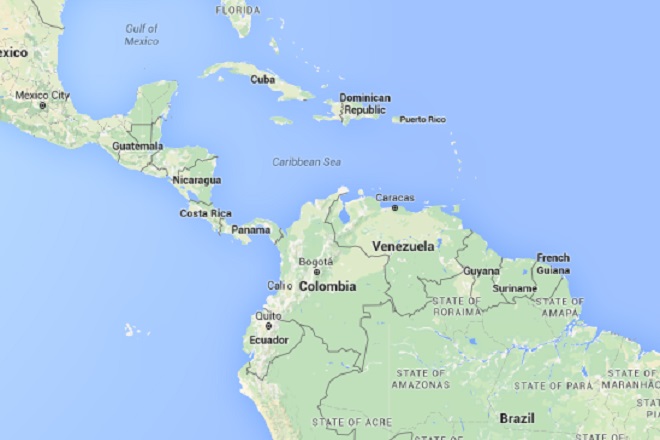May 17, 2016 (LBO) - Venezuela says it has reached a deal with China to improve loan terms as falling oil prices have driven the oil-exporting country into economic crisis and collapsed its currency.
Venezuelan Economy Vice-President Miguel Perez told Reuters that all conditions, including loan time frames, investment amounts and non-financial aspects, had been improved.
China has lent some 50 billion dollars to Venezuela over the last decade, and markets are watching to see if Beijing will help President Nicolas Maduro's socialist government.
Opposition leaders over the weekend protested a 60-day state of emergency declared by Maduro on Friday night, based what he called plots from Venezuela and the U.S. to subvert him.
With the economy in freefall, hungry mobs have looted food stories, power and water are in short supply and hospitals are unable to care for newborns, CNBC reported.
"Today we can say that we've agreed to new commercial conditions that are adapted to the country's reality," Perez said. He declined to elaborate.
Venezuela's struggling state-led economic model and the fall in oil prices have triggered severe shortages of food and medicine, triple-digit annual inflation, and a slowdown in local business activity.
Maduro blames an "economic war" launched by right-wing businessmen and opposition politicians seeking to sabotage him, a Reuters report said.
Perez is seen as more inclined toward reform than other factions of the ruling Socialist Party. But many economists express doubt he could turn around Venezuela given the severity of its crisis.
Venezuela has two official exchange rates, with the bolivar having weakened past 400 per dollar on the new second system.
The greenback is worth nearly 1,100 bolivars on the black market.
Inflation hit 180.9 percent and the economy contracted 5.7 percent last year, according to central bank figures, and unofficial estimates for this year paint an even gloomier picture.
Over the weekend Maduro said the government would take over idled factories, stoking rumors that Polar, the country's largest food and beverage maker, might be targeted. The company had recently shut down several factories due to a lack of raw materials.
CNBC reported that even if oil prices recover, Venezuela faces a long road back to political and economic stability.
The International Monetary Fund, in its latest forecast, expects the country's output to shrink by 8 percent this year and another 4 percent next year. The IMF predicts inflation will top 700 percent this year before surging to some 2,200 percent next year.
The dire economic situation has led to market speculation that Venezuela, with the world's biggest oil reserves, or its state oil company PDVSA could default.
The company's president has said PDVSA, which must pay around $4 billion this year to service debt, was in talks with international banks over refinancing debt.


Maduro is an avid supporter of Argentina’s Malvinas claim and recently spoke at CELAC on behalf of their cause. Google: “Falklands – Some Relevant international Law” to see if he was supporting a lame duck.